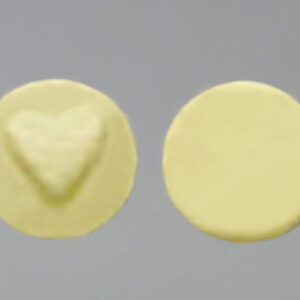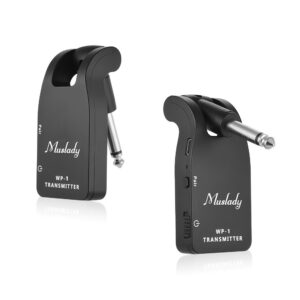This recall involves correcting certain devices and does not involve removing them from where they are used or sold. The FDA has identified this recall as the most serious type. This device may cause serious injury or death if you continue to use it without correction.
Affected Product
The FDA is aware that Smiths Medical has issued a letter to affected customers that certain lots of affected ambulatory infusion pumps have updated use instructions:
What to Do
On April 10, Smiths Medical sent affected customers a letter recommending the following actions:
- Ensure all users or potential users of these products are immediately made aware of this notification.
- Upon receipt of this notification and ongoing during regular maintenance, visually inspect the external condition of the battery pack or Wireless Communication Module and look for evidence of any physical damage. Handle a damaged device with caution. As stated in the battery pack Instructions for Use, if the battery pack housing is cracked or otherwise damaged, replace the battery pack. NEVER use a battery pack that appears damaged. A rechargeable battery pack must be replaced with either another CADD-Solis rechargeable battery pack or with 4 AA batteries.
- Visually inspect the condition of the battery compartment for evidence of any physical damage. Contact Technical Support for repairs.
- Always check the battery compartment for fluid or debris before inserting the batteries, and do not allow any fluid or debris to fall into the battery compartment.
- DISTRIBUTORS: If you have distributed potentially affected products to your customers, please immediately forward your customer list to Sedgwick at icumedical3393@sedgwick.com. Sedgwick will notify customers with email addresses via email and will send physical notifications to customers without email addresses in order for them to complete the Response Form
Reason for Recall
Smiths Medical has become aware of three issues associated with the potential for thermal damage in affected infusion pumps:
- Issue 1: Damage to the circuit board within the housing of the rechargeable battery pack may cause melting of the plastic housing, specifically on the top and bottom surfaces.
- Issue 2: Damage to the Wireless Communication Module circuit board may cause melting of the plastic housing of the Wireless Communication Module battery.
- Issue 3: Damaged or dislodged battery separators, or foreign material in the battery compartment, may cause an electrical short condition between the battery contacts.
Damage to or inoperable batteries may lead to a delay in therapy or interruption of therapy. An interruption or delay of therapy can lead to serious patient injury or death, depending on the clinical situation and the type of medication being administered. The user would be alerted with the normal “Low Battery” or “Depleted Battery” alarms. The presence of excessive heat from damaged or shorted components is also possible, which may result in a thermal injury.
To date, Smiths Medical has not received any reports of serious injuries or deaths related to this issue.
Device Use
The CADD-Solis Ambulatory Infusion Pump is intended for use in hospital or outpatient settings. In the hospital, the CADD-Solis Ambulatory Infusion Pump may be used for pain management therapies, including, but not limited to post-operative, trauma, critical care, labor and delivery, general acute care, oncology, and regional anesthesia and analgesia.
The CADD-Solis VIP pumps are intended to be used in a homecare setting by patients and/or their caregivers with proper training and clinical support.
Contact Information
Customers in the U.S. with adverse reactions, quality problems, or questions about this recall should contact Smiths Medical at globalcomplaints@icumed.com or 1-866-216-8806.
Unique Device Identifier (UDI)
The unique device identifier (UDI) helps identify individual medical devices sold in the United States from distribution to use. The UDI allows for more accurate reporting, reviewing, and analyzing of adverse event reports so that devices can be identified more quickly, and as a result, problems potentially resolved more quickly.
How do I report a problem?
Health care professionals and consumers may report adverse reactions or quality problems they experienced using these devices to MedWatch: The FDA Safety Information and Adverse Event Reporting Program.
-
Content current as of:
06/03/2025







